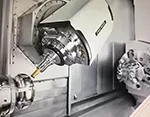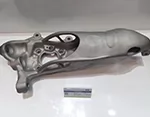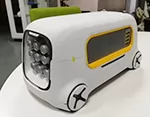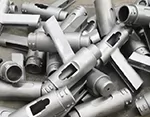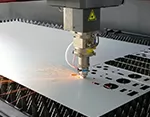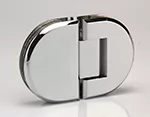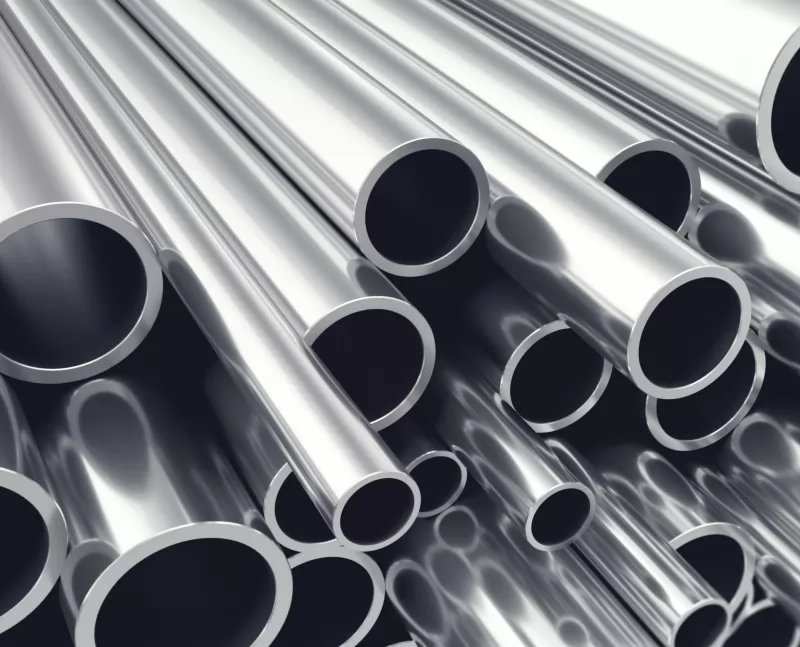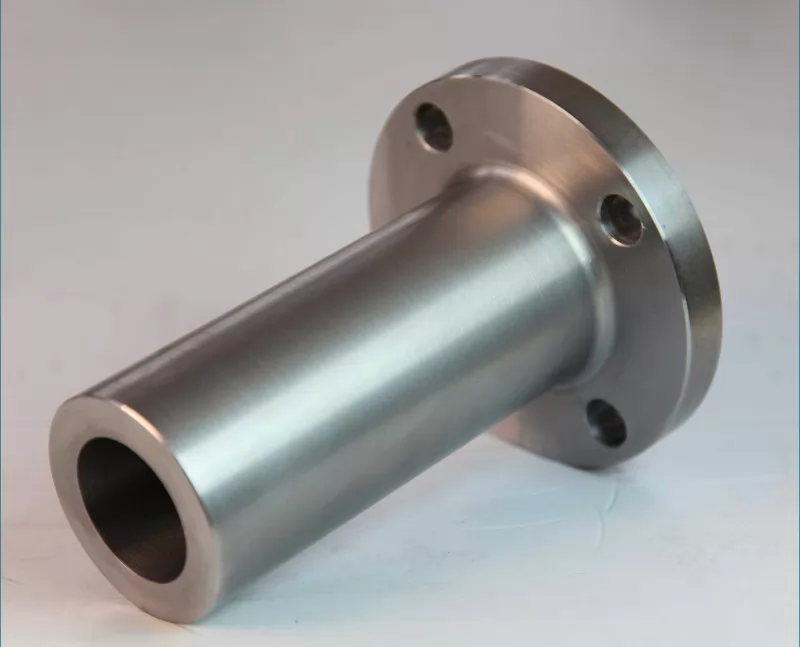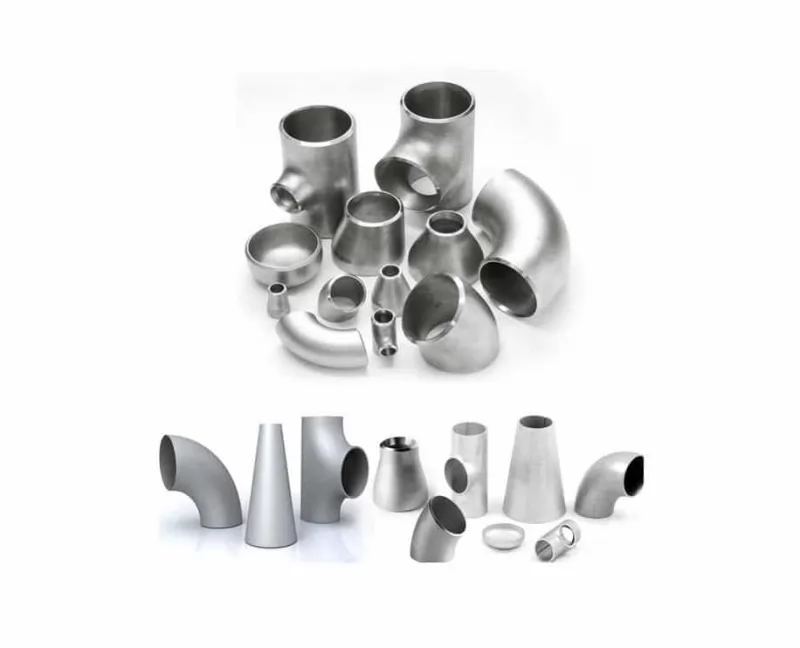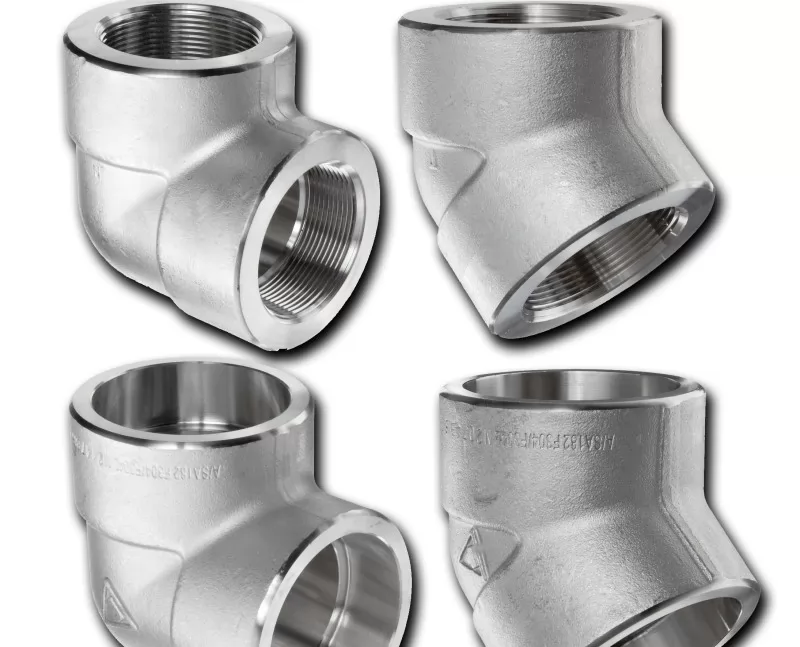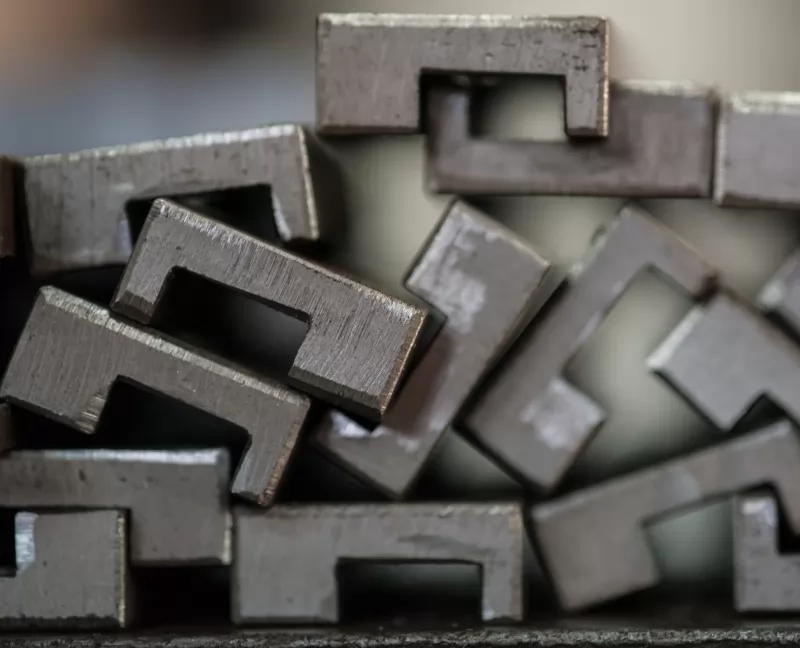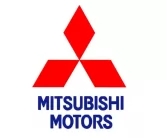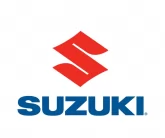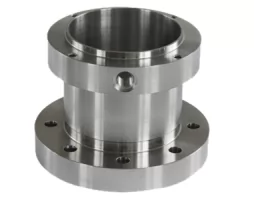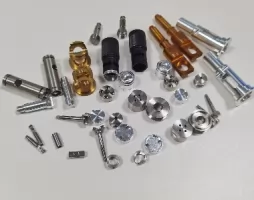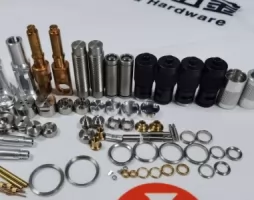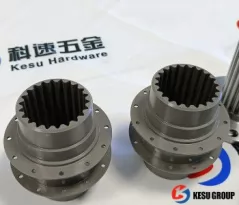-
Service
+
- CNC Precision Machining Service +
- Multi-Axis Simultaneous Machining Service +
- CNC Turning Service +
- Metal 3D Printing Service +
- Rapid Prototyping Service +
- Die Casting Service +
- Sheet Metal Fabrication Service +
-
Finish Serivces
+
- Polishing
- Grinding
- Brushed Finish
- Sand blasting
- Painting
- Powder Painting
- Anodizing
- Hard anodizing Service
- Passivation
- Zinc Plating
- Nickel Plating
- Chrome Plating
- Blackening
- Black Zinc Plating
- Teflon Coating
- Titanium Coating
- DLC Coating
- Laser Marking
- Silk Screen Printing
- Transfer Printing
- Micro Arc Oxidation
- Industries +
- About Us +
- Resource +
- Contact Us
- Quote

-
Service
-
>
-
>
-
>
-
>
-
>
-
>
-
>
-
>
-
- Industries
- About Us
- Resource
- Contact Us
Why is Machining Hastelloy Difficult ?
Hastelloy can withstand high temperatures, high stress environments and provide corrosion resistance, making it an ideal metal for use in high-performance machinery and tools. The unique properties of Hastelloy make it ideal for use in the defense and aerospace industries.Hastelloy is a high-performance nickel-molybdenum alloy ideally suited for parts requiring the highest corrosion resistance. Hastelloy retains good ductility even after long periods of high temperature. It has excellent ductility, so it can be easily welded and formed by hot and cold working. Hastelloy is usually heat treated and can be annealed.
What is Hastelloy?
Hastelloy is a high performance nickel-molybdenum alloy that is ideally suited for parts requiring the highest corrosion resistance. Molybdenum makes hastelloy even harder and stronger at high temperatures. The properties of this alloying element and its incorporation into the material also make it well suited for welding applications. These nickel alloys are easy to manufacture and form. It has excellent resistance to pitting, stress, oxidation, chemicals, acids and brines. The primary function of hastelloy is to survive effectively under high temperature, high stress conditions in moderately to severely corrosive and/or corrosion-prone environments. Hastelloy retains good ductility even after long periods of high temperature. It has excellent ductility, so it can be easily welded and formed by hot and cold working. Hastelloy is usually heat treated and can be annealed.
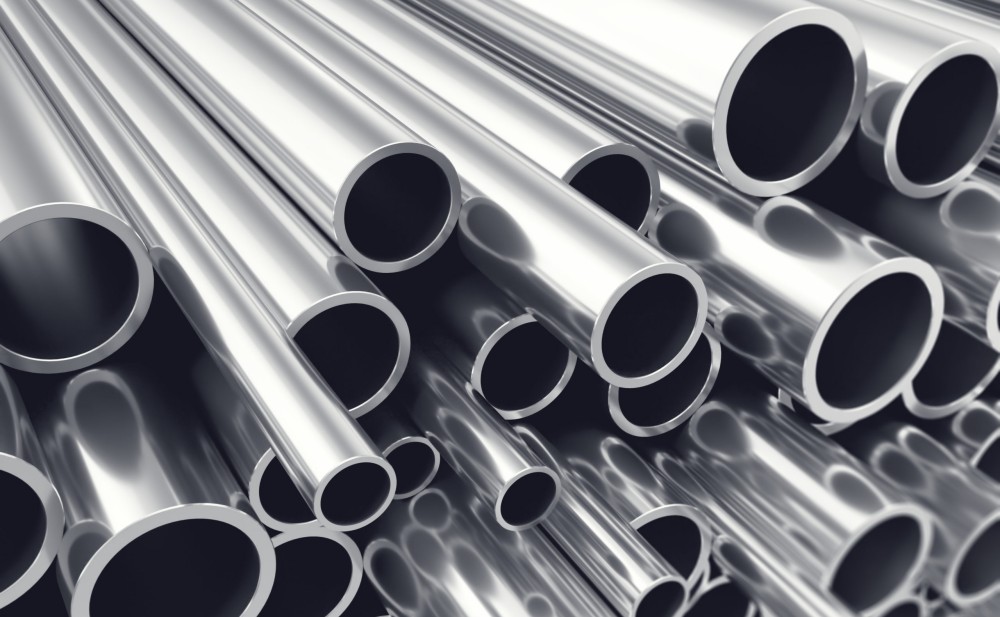
Hastelloy
What are the Types of Hastelloy?
There are many classifications of hastelloy, and various categories are optimized for specific application. All categories of hastelloy are considered to be a corrosion resistant alloy, as each category exhibits excellent resistance to a variety of corrosive environments. Kesu group's CNC workshop mainly processes hastelloy C22, hastelloy X and hastelloy C276.
Hastelloy C-22 has excellent corrosion resistance in oxidation and reduction environments. Hastelloy C-22 has excellent resistance to a wide variety of chemicals, including chlorides, organic and inorganic solutions. In addition to its excellent corrosion resistance, hastelloy C-22 can be easily manufactured. It has excellent welding conditions for custom process applications and parts in the chemical industry such as food, beverage, personal care and pharmaceutical.
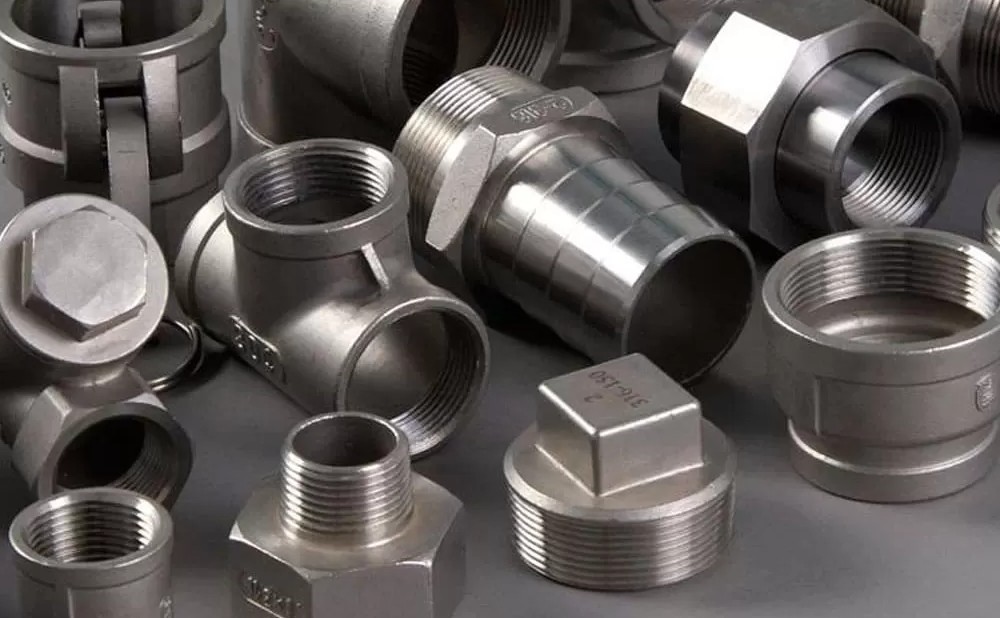
Hastelloy C-22
Hastelloy X is a nickel-chromium-iron-molybdenum alloy with excellent oxidation resistance, formability and high-temperature strength. It has also been found to be extremely resistant to stress corrosion cracking in petrochemical applications. Hastelloy X can be machined into forged and cast forms. Low cutting speeds and adequate coolant flow are required. Better finish can be obtained by increasing the speed and reducing the feed. Sulfur-based cutting fluids should be used when machining this alloy.
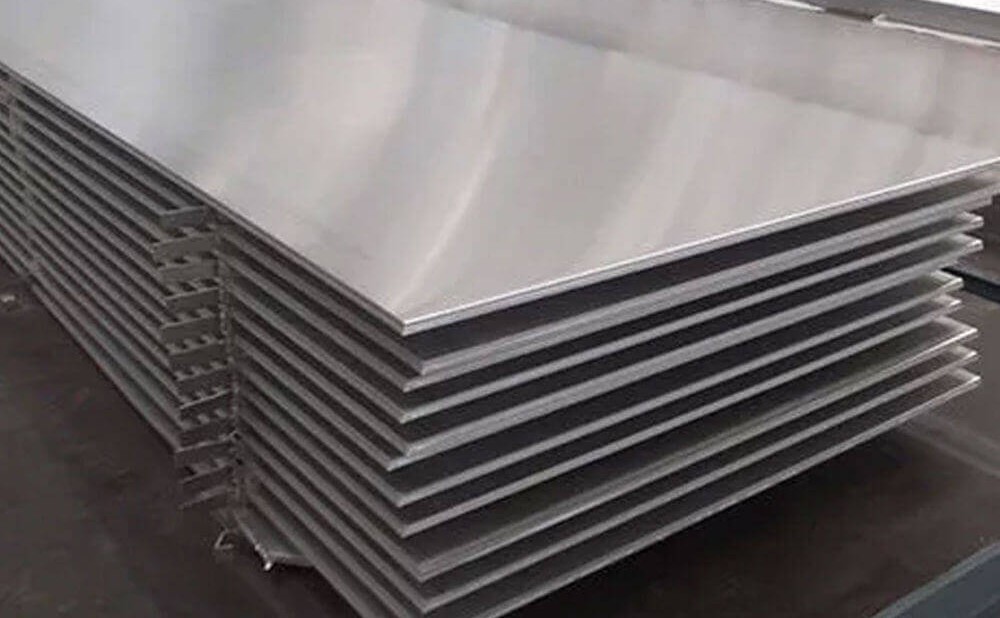
Hastelloy X
Hastelloy C-276 is widely accepted in chemical processes and related industries. Reliable performance in a wide range of aggressive chemicals. Hastelloy C-276 can be successfully manufactured for many custom parts. Hastelloy C-276 is a nickel-chromium-molybdenum material with a high resistance to chloride stress cracking and pitting types due to its relatively high chromium and molybdenum content. Like other nickel alloys, it is ductile, easy to form and weld.
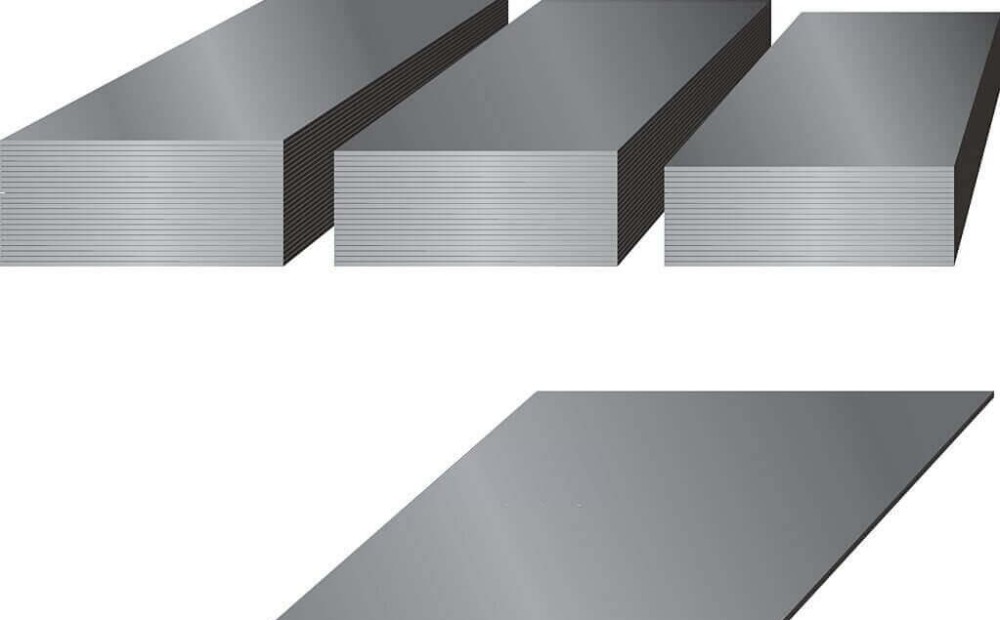
Hastelloy C-276
Properties of Hastelloy:
Acid resistance, such as sulfuric, phosphoric, nitric and hydrochloric acids
Almost complete absence of chloride-induced stress corrosion cracking
Excellent mechanical properties at both very low and very high temperatures
Excellent resistance to pitting, crevice corrosion and intergranular corrosion
High oxidation resistance at high temperatures
Hastelloy is known to be one of the most difficult materials to machine, due in part to its effect on tools, as well as its heat and corrosion resistance properties. This material is in high demand in the pharmaceutical, petrochemical, chemical, oil and gas, nuclear, pollution control and other industries. Kesu group uses CNC turning and milling to machine hastelloy parts.
CNC Turning:
Use HSS tools or carbide tools, the latter are suitable for higher surface speeds, they have no advantage at lower speeds.
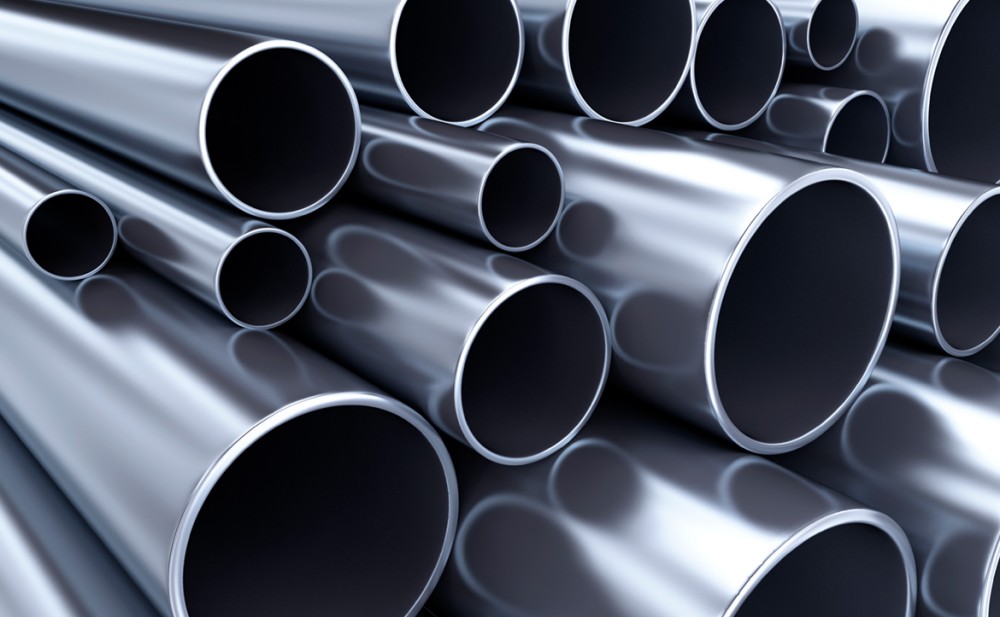
Hastelloy
Advantages of CNC Turning:
1. Cylindrical Parts
CNC lathes are ideal for manufacturing round or cylindrical parts. The lathe can manufacture these parts quickly and accurately with excellent repeatability.
2. Process Range
Although typically used for parts with a certain shape, CNC turning can still be used to perform a variety of cuts, including drilling, boring, threading and knurling.
3. Professional Quality
Kesu group has 3-axis CNC machine , 4-axis CNC machine, and 5-axis CNC machine to manufacture products. At the same time, it has professional testing equipment to test the quality of products and ensure the quality of products.
Cooperation Process
1. Contact us with the drawings of your products.
Files formats are accepted when clients send us drawing.
3D: Pro/E, UG
2D: Auto CAD
Accepted file format: .igs, .prt, .stp, .x_t, .dxf, .dwg, .pdf, .jpg, .tif, .bmp, .doc, .xls.
2. Receive our offer.
We will send you the quotation sheet as soon as possible.
3. Place the orders
4. Make payments.
5. Engineers write programs for products.
6. Production.
Machining types: CNC milling, CNC turning, grinding, stamping, bending, welding, die casting, drilling, tapping and injection molding.
CNC machining range:
Aluminum: 6061, 6063, 6061-T6, 7075, 5052, 2017, 6083.
* Steel: Q215,Q235,10# 15#, 45#, S136, SKD11,718H.
* Copper/brass / bronze.
* Titanium / TC4.
* Plastic: Delrin (POM), Teflon, Nylon, PA, PC, PMMA, Ultem (PEI), PTFE.
* Stainless steel: 303, 304, 316, 430, 420.
Surface treatment: laser engraving LOGO, Anodizing, Sandblasting, Plating chrome, Plating nickel, RoHS zin, Assembly, Welding, Heat treating, and so on.
7. QC checks the quality of machinery machining parts.
8. Packing.
9. Delivery.
For more information and consultation, contact us here!
Email:Pearl@kesugroup.com
Tel: +86 18897461780

